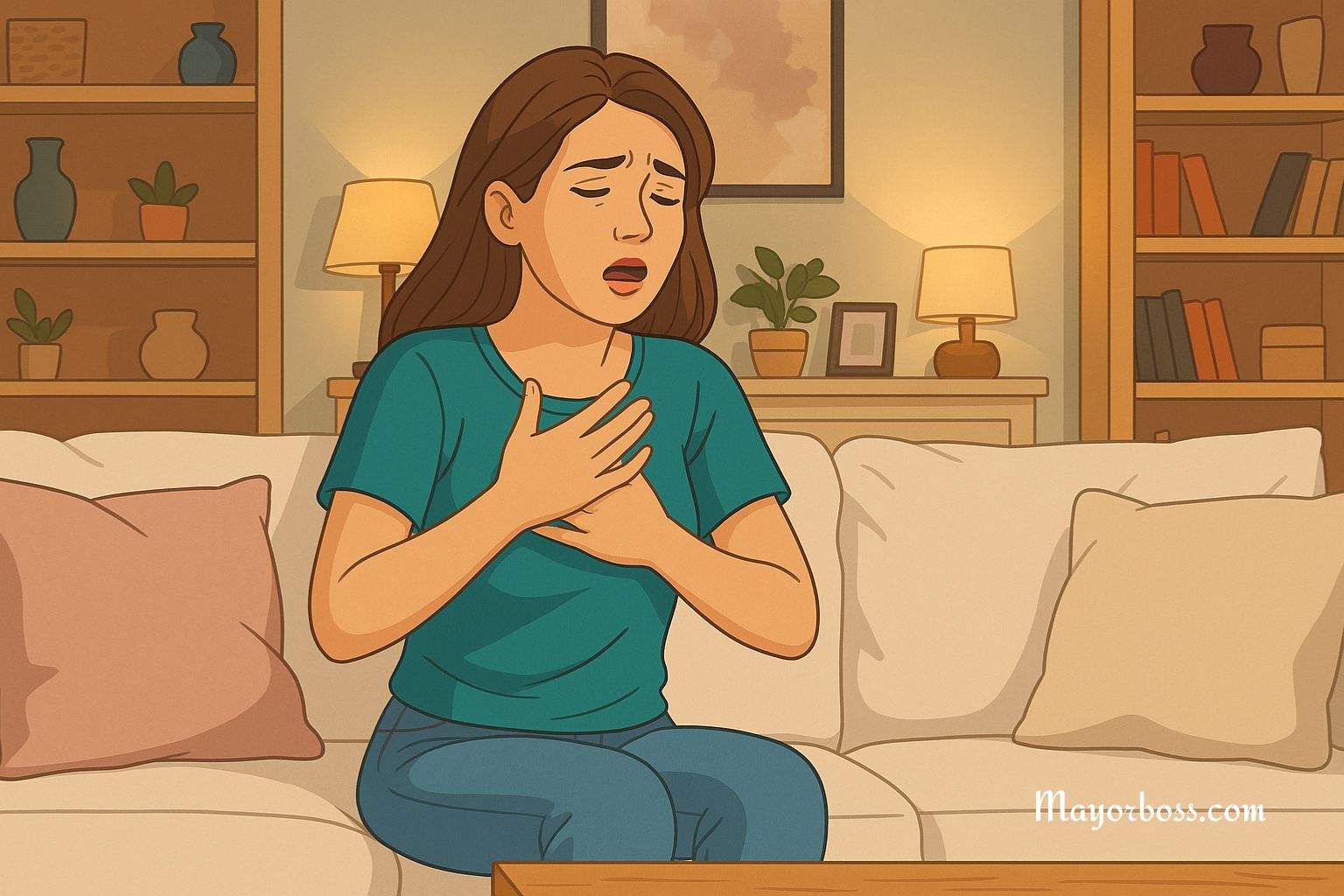Lung Cancer in Women: Early Warning Signs Most People Overlook
Lung cancer is one of the leading causes of cancer-related deaths among women. It often grows quietly in the early stages, making it harder to detect. Many early symptoms can be subtle or mistaken for less serious conditions. As a result, women may delay seeking medical care until the disease is more advanced.
Some studies suggest that women may experience slightly different patterns than men. For instance, adenocarcinoma, a common type of lung cancer in women, often starts in the outer areas of the lungs. This may cause fewer symptoms early on compared to tumors closer to the airways.
Additionally, some women with no history of smoking have developed lung cancer. This makes it even more important to be alert to warning signs, regardless of smoking history.

Fatigue That Doesn’t Improve With Rest
Persistent tiredness is one of the most overlooked and the most common symptoms of lung cancer in women. Lung cancer can trigger inflammation and changes in how the body uses energy, leading to constant fatigue.
Women often push through tiredness, assuming it’s due to stress, poor sleep, or a busy schedule. However, extreme fatigue that lasts for weeks without a clear cause should not be dismissed.
A Persistent Cough That Doesn’t Go Away
Another early main symptom of lung cancer is a cough that lasts longer than three weeks. Many women dismiss it as a lingering cold or an allergy. However, if a cough becomes chronic or begins to change in sound or intensity, it should not be ignored.
In lung cancer, the cough often becomes dry or may produce a small amount of clear or bloody sputum. It may worsen at night or with talking, laughing, or deep breathing.
Shortness of Breath During Simple Activities
Feeling breathless while walking, climbing stairs, or doing routine chores can point to early lung changes. Some women attribute this symptom to aging, weight changes, or lack of exercise. But shortness of breath, especially if new or worsening, deserves attention.
Lung cancer can reduce the lungs’ ability to exchange oxygen. Sometimes, fluid builds up around the lungs, adding pressure and making it harder to breathe.
Chest Pain or Discomfort
Interestingly, lung cancer may cause a dull ache or sharp pain in the chest, shoulders, or back. This pain might come and go or worsen with deep breathing, laughing, or coughing.
Because this symptom can overlap with muscle strain or other common issues, many women delay evaluation. But when chest pain is new, persistent, or unexplained, it should be taken seriously.
Unexplained Weight Loss
Losing weight without trying is a potential sign of cancer. In lung cancer, this may happen because the body uses more energy to fight the disease or because the tumor affects appetite and digestion.
If you notice your clothes becoming loose or see a noticeable drop in weight without dieting, it may be time to speak with a healthcare provider.
Hoarseness or Voice Changes
A hoarse or raspy voice, especially when it lasts more than a couple of weeks, can be an early signal of cancer in women. Tumors in the chest may affect the nerves that control the vocal cords, leading to voice changes.
If your voice sounds different and the change doesn’t go away, it’s important to have it checked.
Frequent Lung Infections
Lung cancer can block airways, making it easier for bacteria to grow and cause infections. Women may experience repeated bouts of bronchitis or pneumonia within a short period.
Recurring respiratory infections, especially when they come with fever, cough, or chest pain, may indicate something more than a seasonal illness.
Bone Pain
Sometimes, lung cancer spreads early to the bones. This can cause deep, aching pain—especially in the hips, ribs, or back. It may feel worse at night or while resting. Bone pain is less common in early stages, but when present, it may be the first warning of disease spread.
When to See a Doctor
Any new or unexplained symptom that lasts more than two or three weeks should be discussed with your doctor. This is especially true for women over 40 or those with a history of smoking, secondhand smoke exposure, or family history of cancer.
Early testing may include a chest X-ray, CT scan, or other imaging studies. If there is any suspicion, further tests like a biopsy may follow.
